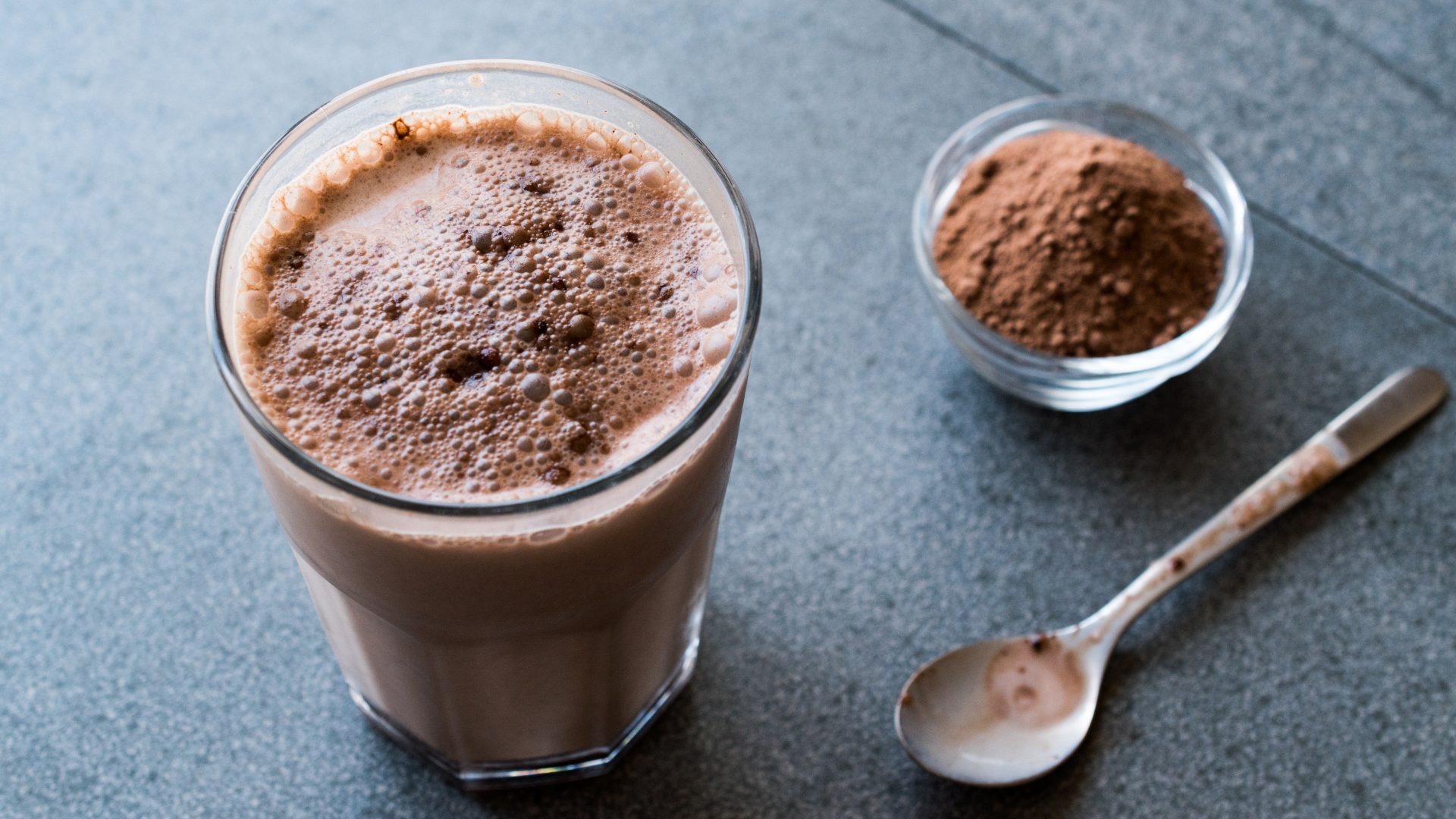Published early in 2023, Marcy Kreiter’s analysis of a Harvard study that discovered how plant enzymes in the gut can be turned to fiber heralded a year of wild news out of the plant-based sector. The original article appears below.
Harvard University’s Wyss Institute, in a study funded by the Kraft-Heinz Co., found sugar exposed to encapsulated plant enzymes in the gut can be turned into fiber. The finding, if verified, could have a significant impact on an estimated 34.2 million U.S. diabetics, experts told The Food Institute.
Wyss said on its website it had engineered the enzyme to activate only when it encounters a rise in pH “such as that which occurs in the transition from the human stomach to intestine.” The researchers said the product can be incorporated into current recipes without modifying their sugar content – a result important to food manufacturers who are reluctant to change the taste or texture of products to reduce sugar content.
A clinical trial using mice is currently underway.
“If true, this could help diabetics, but it would not make eating sugar healthy,” said Amy Shapiro, founder of Real Nutrition NYC. “Many foods that contain sugar also contain artificial colors, flavors, and processed ingredients which makes them unhealthy and can promote other illnesses like high blood pressure, weight gain, and fatigue.”
The average American consumes about 17 teaspoons of added sugar a day, or 270 calories, well more than the 9 teaspoons for men and 6 teaspoons for women recommended by the American Heart Association.
The two-year research project focused on enzymes that help plants turn sugar into fiber. When the encapsulated enzymes broke open at the beginning of the intestine, researchers said they turned sugar into fiber, preventing excess sugar from being absorbed by the bloodstream and producing gut-healthy prebiotic fiber.
“Beyond just finding a solution that was technically sound, it was equally important to us that our solution would actually work in the real world of food manufacturing, because something that only works in lab conditions isn’t very useful,” said Adama Sesay, a senior engineer at the Wyss Institute and a member of the research team.
The encapsulation method ensures the enzyme remains intact at manufacturing temperatures and does not release prematurely, the researchers said.
“We thought we’d come to the Wyss with an impossible problem, and they turned it on its head to present an even crazier idea to solve it,” Judith Moca, head of technology discovery and development at Kraft Heinz, told FoodBusiness News (Dec. 28).
Dr. Joan Salge Blake, a clinical professor at Boston University, told TFI the encapsulated enzymes would not enhance the nutritional value of junk food and sweet drinks.
“If a person’s diet is very high in added sugars, the nutrient quality of foods consumed overall is going to be low, adding little nutrition such as vitamins, minerals, and phytochemicals,” the professor said. “This is not a healthy eating pattern that contributes to longevity.
“The nutrient quality of foods in a diet are key to helping folks reduce the risk of heart disease, certain cancers, stroke, and diabetes. Magically turning sugar into fiber isn’t going to ensure that the diet is healthy and meeting a person’s long-term health needs.”
Cara Harbstreet of Street Smart Nutrition cautioned against thinking the research is any kind of magic bullet. She noted this is just one industry-funded study and even if the results are verified, it could take years before the process could be incorporated into food manufacturing.
“I would caution patience and a healthy dose of skepticism until we’re able to review clinical trials or other data to support the claims proposed at this point in time,” Harbstreet said.











